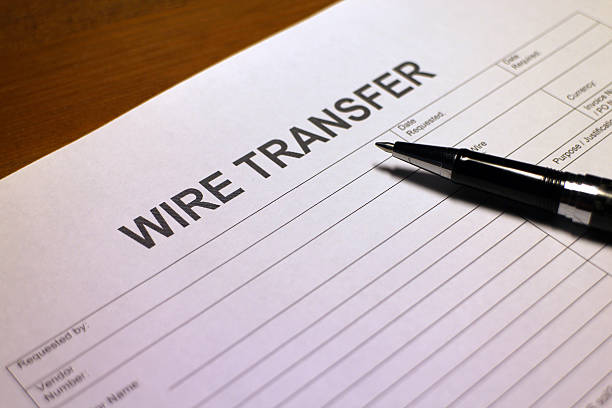One of the most common reasons to change your bank routing number is when you switch to a new financial institution. Whether you're moving to a different city, seeking better services, or pursuing more favorable terms, your new bank will assign you a unique routing number. This change ensures that your transactions are properly routed to your new account.
2. Merging or Acquiring Accounts
If you've recently merged or acquired another account or financial entity, it might necessitate a routing number change. This is especially relevant for businesses or organizations that consolidate their operations. In such cases, the routing number might change to reflect the merged entities and streamline financial processes.
3. Preventing Fraud and Enhancing Security
In some situations, changing your bank routing number could be a proactive step to prevent fraud or enhance security. If you suspect that your account information has been compromised, such as in cases of identity theft or data breaches, changing your routing number can help safeguard your funds and financial identity.
4. Correcting Errors or Issues
Mistakes can happen, even in the banking world. If there are errors or discrepancies associated with your current routing number, your bank might advise you to change it to resolve the issues. These errors could stem from administrative mistakes, technical glitches, or other unforeseen circumstances.
5. Restructuring Personal or Business Finances
Life circumstances change, and so do financial goals. If you're reorganizing your finances, whether for personal reasons or as part of a business strategy, you might find it beneficial to change your bank routing number. This can help you better align your financial resources with your new objectives.
Changing Your Bank Routing Number: The Process
The process of changing your bank routing number typically involves a few key steps:
Contact Your Bank: Reach out to your bank's customer service or visit a local branch to discuss the reasons for wanting to change your routing number.
Provide Necessary Information: Your bank will likely require you to provide information about your current account and the reasons for the change. This could include personal identification, account details, and any relevant documentation.
Verify Identity: Banks prioritize security. They may require you to verify your identity through various means, such as providing identification documents or answering security questions.
Receive New Routing Number: Once your bank approves the change, they will provide you with the new routing number and instructions on updating your account information.
Conclusion
Your bank routing number is more than just a series of digits—it's a key to smooth financial transactions. While changing it might not be an everyday occurrence, life's twists and turns might necessitate this step. Whether you're switching banks, addressing security concerns, or adapting to changes in your financial landscape, understanding the reasons and process for changing your bank routing number empowers you to navigate these transitions with confidence. As always, consult your bank's customer service for personalized guidance tailored to your specific situation.
Frequently asked questions (FAQs) about routing numbers and account numbers, as well as how to change or update a bank routing number




